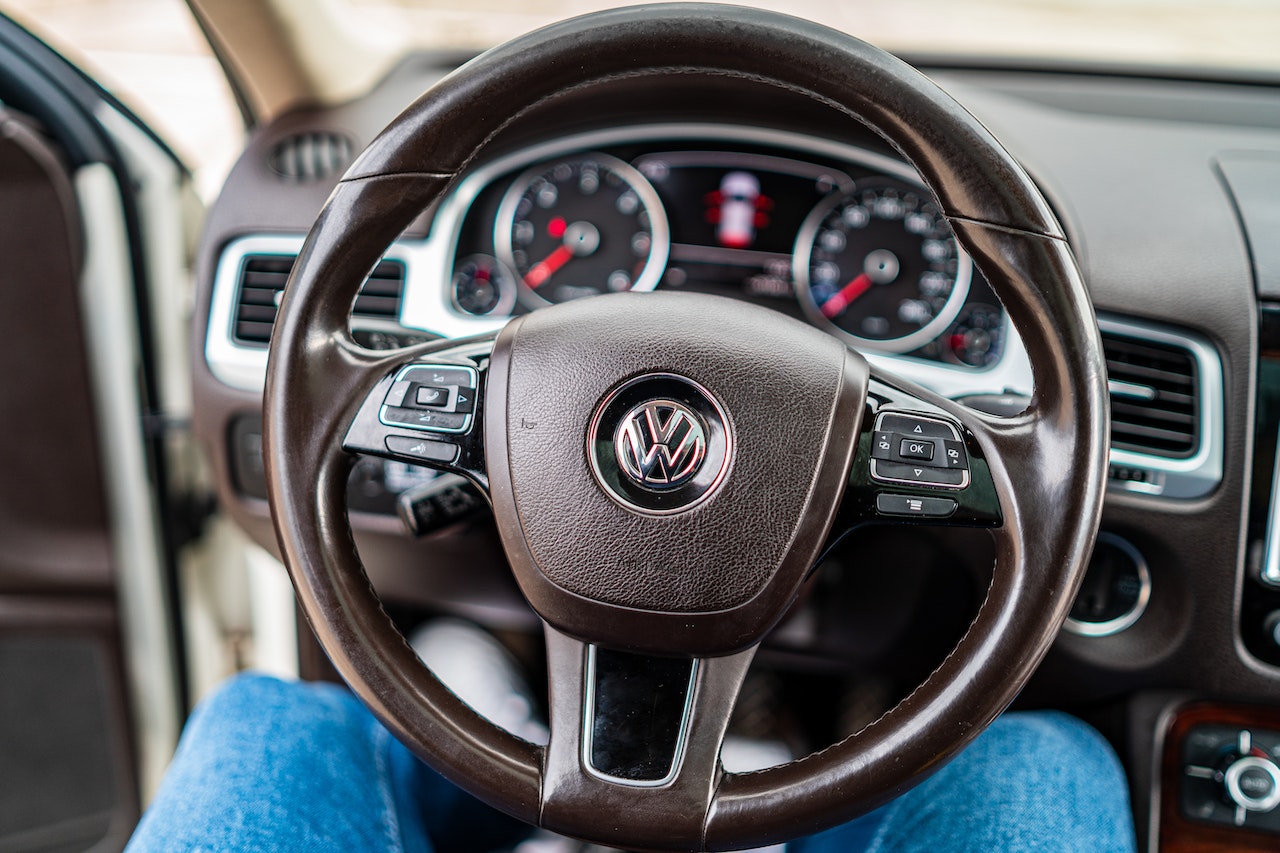How Many Miles Is Considered ‘Good’ for a Used Car?
Know What Makes a Used Car’s Mileage ‘Good’ or ‘Bad’
Used car buyers look at the mileage of a car because it gives them an idea of how much wear and tear the vehicle has undergone. The number on the odometer represents the total distance the car has traveled since it was manufactured.
The more miles a car has, the more likely it is to experience mechanical issues or need future repairs. Conversely, a lower mileage vehicle is considered valuable because it’s likely to be in better condition. Its less frequent use can translate into a longer lifespan for the vehicle overall.
Other Factors You Need to Consider When Assessing a Used Car’s Value
If you’re checking a used vehicle you plan to buy, you might wonder if its mileage is good or bad. Perhaps you’ve heard that a car with 100,000 miles is at the end of its life.
Although mileage is an important factor to consider when assessing a used car’s value, it’s only one of several factors you should consider. Kids Car Donations invites you to delve into the details and explore what makes a used car’s mileage “good” or “bad” in today’s market.
- Make and model
Different car brands and models have varying reputations for reliability and durability. For example, a Toyota or Honda with 100,000 miles might be considered a “good” mileage car, while a luxury car with the same mileage might be seen as having “bad” mileage.
- Age
A car’s age can also impact how its mileage is perceived. A car that is only a few years old with high mileage may be seen as “bad” mileage, while a car that is 10 or 15 years old with lower mileage may be seen as “good.”
- Overall condition
The car’s overall condition, both inside and out, can play a significant role in how its mileage is perceived. A car with high mileage that has been well-maintained and kept in good condition may be seen as having “good” mileage, while a car with low mileage that has been poorly maintained and has visible signs of wear and tear may be seen as having “bad” mileage.
- Maintenance history
A car with high mileage that has a complete maintenance record and has been regularly serviced may be seen as having “good” mileage, while a car with low mileage that has not been properly maintained may be seen as having “bad” mileage.
- Type of driving
The type of driving a car has undergone can also impact its perceived mileage. A car primarily used for highway driving may be seen as having “good” mileage. Highway driving is generally less stressful on the car’s engine and other components than stop-and-go city driving.
- Accidents and repairs
A car with low mileage but one that has been involved in several accidents and undergone multiple repairs may be seen as having “bad” mileage. In contrast, a car with higher mileage but one that has never been in an accident and has no repair history may be seen as having “good” mileage.
- Upgrades and modifications
A car with high mileage upgraded with high-performance parts may be seen as having “good” mileage because the upgrades may indicate that the car has been well-maintained and cared for. Conversely, a car with low mileage but one that has been heavily modified may be seen as having “bad” mileage. The modifications may indicate that the car has been driven aggressively or may have reliability issues.
The Best Thing You Can Do with Your Clunker
If your car not only has exceedingly high mileage but has also undergone multiple repairs and continues to break down time and again, your only option is to ditch it. Spare yourself from further trouble.
Hand it over to us at Kids Car Donations and we’ll make something good out of your old rust bucket. We’ll use it to bring the gift of health to the needy children in your community who are suffering from serious illnesses, disabilities, and injuries.
We will have your vehicle fixed the best way we can before putting it up for auction. We will then use the proceeds to help finance the children’s healthcare programs and services of our charity partners.
These IRS-approved 501(c)(3) nonprofit organizations use the funding we give them to help cover the costs of providing free treatments and therapies to needy young patients. Their actions help save the lives of those who are critically ill and alleviate the pain as well as improve the quality of life of those confined in hospitals.
Our charity partners also use the money we give them to promote child health care, advocacy, research, and education.
In exchange for your generosity, you’ll find satisfaction from our FREE towing service, which we can provide you anywhere in the country. Your charitable contribution will also entitle you to claim the highest possible tax deduction in the next tax season.
Above all, you’ll get to savor the immense satisfaction of knowing that your car donation will be used to help save the lives of indigent children in your local area.
Our donation program welcomes almost all vehicle types, regardless of age or condition. From sedans and trucks to motorbikes and boats, feel free to give us whatever unwanted vehicle you have.
If you’re interested to find out more about our vehicle donation program, including our quick and easy donation process, head over to our FAQs page. If you have any concerns or questions, call us anytime through our toll-free hotline at 866-634-8395 or message us here.

Extend a Helping Hand to Your Community’s Ailing Kids Today!
There are needy children in your community who need urgent medical attention. You can enable them to overcome the ordeal they’re facing with a simple car donation. Call Kids Car Donations at 866-634-8395 or fill out our secure online donation form now!


